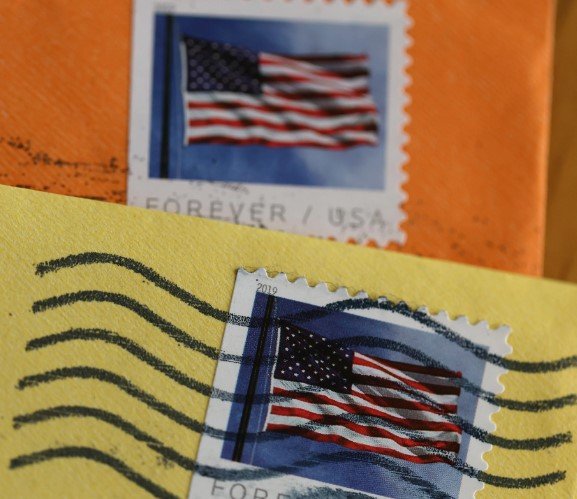In a pivotal ruling, a Georgia judge has dismissed a Republican lawsuit aimed at preventing counties from accepting hand-delivered mail ballots over the weekend. This decision comes as the state prepares for the upcoming election, with absentee voting playing a crucial role in the electoral process.
The Lawsuit’s Background and Arguments
The lawsuit specifically targeted Fulton County, a Democratic stronghold that encompasses much of Atlanta and represents approximately 11% of Georgia’s voters. Filed late Friday, the complaint argued that the county’s decision to open election offices on Saturday and Sunday for the purpose of accepting hand-delivered absentee ballots violated state law. The Republicans cited a section of Georgia law stating that ballot drop boxes cannot be open past the end of advance voting, which concluded on Friday.
However, the law also clearly permits voters to deliver their absentee ballots in person to county election offices until the polls close on Election Day. During an emergency hearing on Saturday, attorney Alex Kaufman, representing the Republican parties, contended that voters should be barred from hand-delivering their ballots during the period between the end of early voting and the start of Election Day. This argument was met with skepticism by Judge Kevin Farmer of the Fulton County Superior Court.

Judge’s Ruling and Legal Precedents
Judge Farmer firmly rejected Kaufman’s claims, stating, “I find that it is not a violation of those two code sections for a voter to hand-return their absentee ballots.” His ruling underscored the long-standing practice in Georgia of allowing voters to return mail ballots in person at election offices. The judge’s decision reinforces the legal framework that supports voter access and participation in the electoral process.
The ruling is particularly significant given the historical context surrounding Fulton County. Since the 2020 election, Republicans have scrutinized the county’s election practices, fueled by unfounded allegations from former President Trump regarding election fraud. This ongoing tension has led to a series of legal challenges aimed at altering voting procedures in the area.
Reactions from Political Leaders and Election Officials
Following the ruling, state GOP chairman Josh McKoon accused Democratic-controlled counties of “illegally accepting ballots.” This sentiment quickly gained traction among Republican activists, particularly after a Fulton County election official sent an email indicating that observers would not be allowed inside election offices during ballot submissions.
However, Fulton County elections director Nadine Williams clarified during the hearing that these offices are not polling places, and thus, partisan poll watchers have never been permitted to observe the ballot return process. Later, Williams sent out an email to election workers stating that the process should be open to the public, emphasizing transparency in the handling of ballots.
- Key points from the ruling:
- Judge Farmer affirmed the legality of hand-delivering absentee ballots.
- The lawsuit reflects ongoing Republican scrutiny of Fulton County’s election practices.
- Fulton County officials emphasized the importance of transparency in the electoral process.
Broader Implications for Voting Rights
The dismissal of the lawsuit highlights the ongoing legal battles surrounding voting rights in Georgia. As the state approaches the election, the focus on absentee voting and the regulations governing it will likely remain a contentious issue. The ruling serves as a reminder of the importance of ensuring that all eligible voters have access to the ballot box, particularly in a state that has seen significant political polarization in recent years.
As both parties prepare for the election, the outcome of such legal challenges could have lasting implications for voter access and election integrity in Georgia. The ruling not only reinforces the rights of voters but also sets a precedent for how similar cases may be handled in the future.
